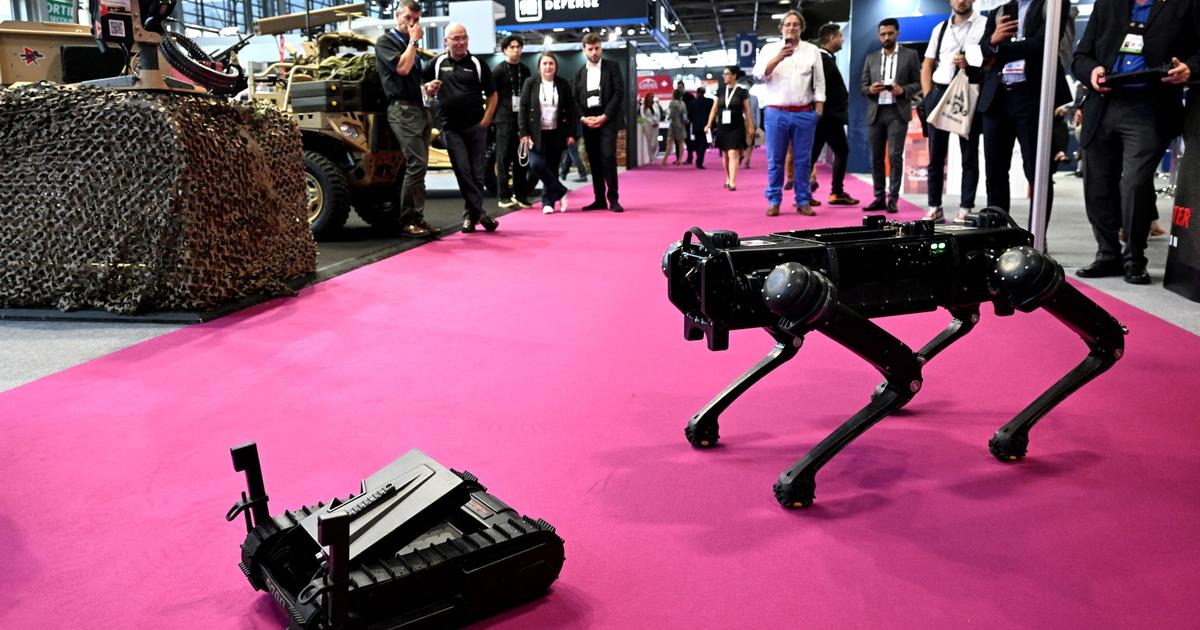France Cancels Israeli Participation at Eurosatory Defense Exhibition
France has canceled the participation of Israeli arms manufacturers at the upcoming Eurosatory defense exhibition following a deadly bombardment of a refugee camp in Rafah by the Israeli army. This decision came amid international outrage and widespread protests in France. Coges Events, the organizer of the exhibition, announced on Friday, "By decision of government authorities, there will be no Israeli defense industry stand at the Eurosatory 2024 exhibition."
The decision followed a statement by the French Ministry of the Armed Forces, which noted, "the conditions are no longer met to receive Israeli companies at the French exhibition, in a context where the President of the Republic is calling for Israeli operations to cease in Rafah." This step reflects President Macron's call for an immediate ceasefire that ensures the protection of populations in Gaza, the release of all hostages, and full access to humanitarian aid.
Eurosatory, an international defense and land security exhibition, is scheduled to take place from June 17 to 21 in Villepinte, north of Paris. Just over 2,000 exhibitors, including 74 Israeli companies, were expected to showcase their defense products. The French government's resistance to supplying military equipment to Israel, coupled with the increasing pressure from various associations and the public, factored into the cancellation. The Ministry of the Armed Forces highlighted that France only exports components intended for the Israeli Iron Dome anti-rocket system, which is used to intercept rockets fired by Hamas.
A series of demonstrations have taken place in Paris and other parts of France, calling for the boycott of Israeli companies at Eurosatory. Associations such as ASER, Stop Arming Israel, Urgence Palestine, and Association France Palestine Solidarité have united in their demand for the halt of arms trades that could be used in conflicts in Palestine. They assert that without multinational support in terms of armaments and financial transactions facilitated by states, the intensity of such conflicts could not be maintained.
The ongoing bombardments in Gaza have resulted in significant casualties. According to the Hamas Ministry of Health, more than 36,224 Palestinians, mainly women and children, have been killed since the Israeli army began its offensive. In response to an assault by Hamas on October 7 that led to over 1,170 Israeli fatalities, the Israeli army has continued its ground operations despite calls for a ceasefire.
- Israel’s participation in Eurosatory was a contentious issue even before the Rafah incident. Patricia Mirallès, the Secretary of State to the Minister of the Armed Forces, reiterated that France does not sell weapons to Israel, except for components of the Iron Dome system. The French government's annual export of defense components to Israel amounts to about 15 million euros, which is only 0.2% of its total arms exports.
- Demonstrations in Paris highlighted public dissent against the sale of weapons that may be used against civilians. A coalition of associations filed a legal summon against the event organizers, demanding transparency and responsible action to prevent the sale of such armaments. The coalition emphasized the moral and ethical responsibility of stopping the economic empowerment of companies potentially involved in wartime atrocities.






